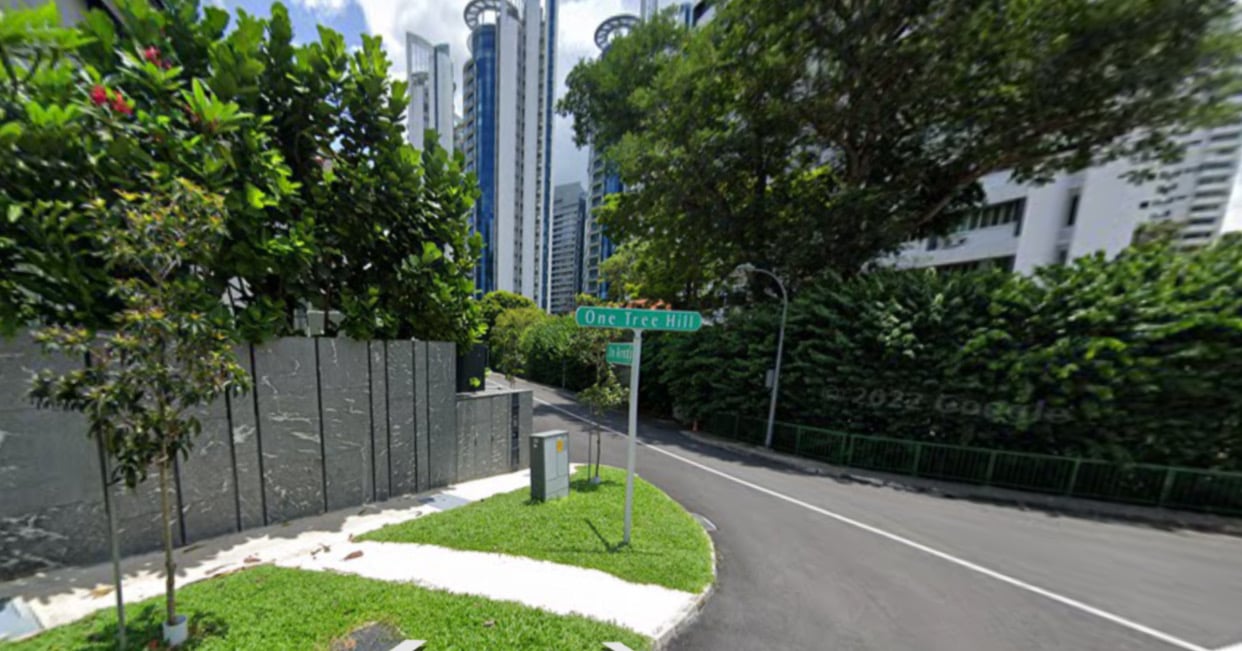“We fight to the death for the last piece of chicken” is what sibling disputes usually look like. The battle of the two pairs of chopsticks, or whatever cutlery you use, for the last not-so-paiseh piece of food.
Regardless, Singaporeans love being overachievers, so a pair of brothers decided to take sibling disputes to the next level.
An older brother sued his younger brother for the sale of a bungalow left behind by their father, and the sum involved is no small sum.
Here’s what you need to know about it.
Older Brother Sues Younger Brother for Sale of Bungalow Left Behind by Father
Both parties involved in this action are named Chen Tianshi (hanyu pinyin), so let’s make things easier for you. The claimant is the 68-year-old older brother, and the defendant is the 65-year-old younger brother. Essentially, a gorgor is suing his didi in this case.
The older brother brought a $9.3 million claim against his younger brother for selling a bungalow left behind by their father, Chen Delai (hanyu pinyin).
Fasten your seatbelts and get ready for a “nepo baby” story.
The siblings’ father had earlier decided to distribute the various properties under his name to his children.
It must be a nice life. My parents distribute housework instead.
The younger brother managed to get the most valuable property among all the properties owned by his father—a bungalow in One Tree Hill.
According to the younger brother, his older brother was dissatisfied with this resultant distribution. As such, the siblings’ father decided to split the One Tree Hill bungalow between the two brothers—10% for the older brother and 90% for the younger brother.
This, however, is much like the never-ending Taiwanese drama your grandmother seems to have been watching for years. The story isn’t that simple, and it doesn’t end here.
Later, the siblings’ father requested the older brother to transfer his 10% rights to the One Tree Hill bungalow back to the younger brother in exchange for 10% of the bungalow’s sale price at that time of $320K.
In the head of the siblings’ father, it was probably something like asking your older child to return a Lego or a brand new Hot Wheels to your younger child—if only this were that simple.
In 2000, the older brother signed the transfer agreement, with a lawyer witnessing the signature. Since then, the younger brother has completely owned the One Tree Hill bungalow.
That is until the claimant decided to assert his claim over the property.
Bungalow sold for $9.3 million in 2017; Alleged Verbal Agreement was Not Fulfilled
In 2017, the defendant sold the bungalow for $9.3 million. The siblings’ father passed away in 2020.
The claimant alleged that the defendant failed to fulfil a verbal agreement to hand over 10% of the bungalow’s sales proceeds to him.
I don’t think people meant this when they said “family business”.
Apparently, the defendant had requested the claimant to transfer the 10% rights over the bungalow to the defendant in exchange for 10% of the bungalow’s sale price being distributed to the claimant.
The claimant also asserted that he only agreed to transfer his 10% rights to the bungalow on the defendant’s word that 10% of the sale price of the bungalow would be distributed to the claimant.
Now it’s time to test your primary school mathematics and whether you were reading this article closely. How much is 10% of the sale price of the bungalow?
The answer is no small sum—it’s $930,000.
The claimant asserts that after the bungalow sale, the defendant pulls an unprecedented “Top 10 Anime Betrayals” move, leaving the claimant empty-handed. Specifically, without his $930,000, which he believes he’s entitled to.
Hence, the claimant brought this suit against his younger brother, the defendant, in the High Court in 2021.
To put things real simple: there are two things in contention here.
First is the written transfer agreement the claimant signed with a lawyer witnessing the signature. Second, the verbal agreement between the brothers promising $930,000 to the claimant, which the claimant alleges exists.
The claimant argued that the written transfer agreement did not include the terms of the verbal agreement between the brothers. The claimant also contended that he did not receive $320,000 from his father, as his father had earlier promised. The claimant argues that the written transfer agreement had no legal effect and that the verbal agreement should be upheld instead.
Essentially, to uphold the agreement that allows the claimant to heng, ong, huat!
In response, the defendant denied the existence of such a verbal agreement in the first place. He also contended that the claimant could not suddenly go back on his word more than 20 years after the transfer agreement was signed.
The resultant position on this dispute?
Judicial Commissioner Teh Hwee Hwee held that the written transfer agreement had a legal effect and that the claimant’s alleged verbal agreement did not exist.
The Judicial Commissioner reasoned that neither the recordings submitted by the claimant nor the testimony of the parties’ sisters could prove the existence of the alleged verbal agreement. Further, the testimony of the parties’ sisters contradicts the claimant’s position.
In addition, the Judicial Commissioner held that the brothers rarely communicated after they failed to operate a joint electronic company. In such a context, it wasn’t easy to believe that the two brothers could reach a verbal agreement.
In contrast, the claimant clearly should have known that the transfer agreement signed had legal effect, given that he signed it with a lawyer as a witness.
Therefore, the claimant’s claim was dismissed. With any hope, perhaps he’ll be able to wrestle at least the last piece of chicken from his younger brother.
